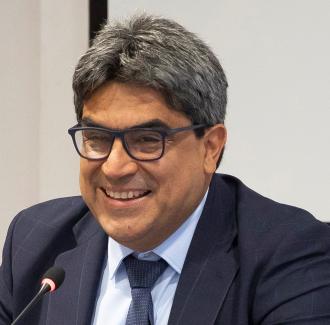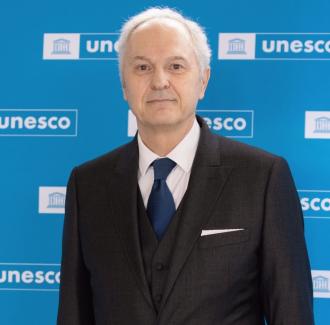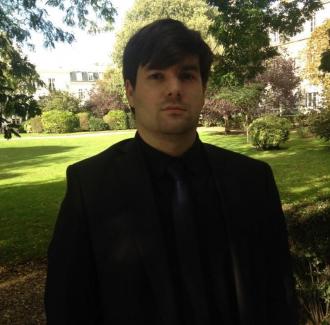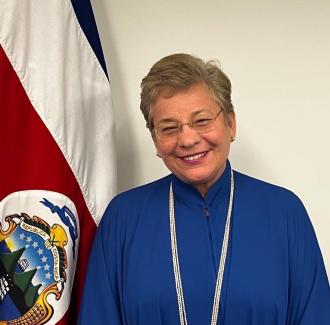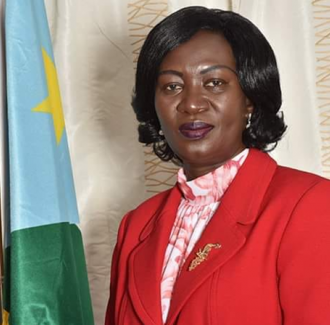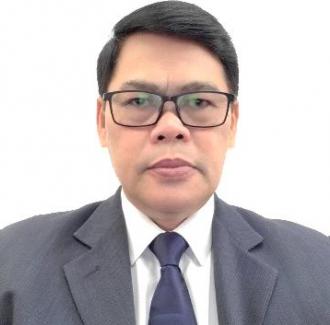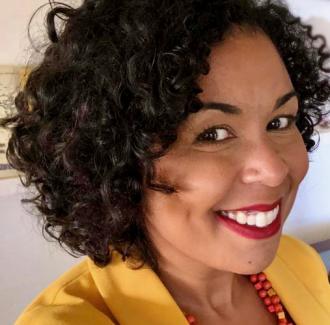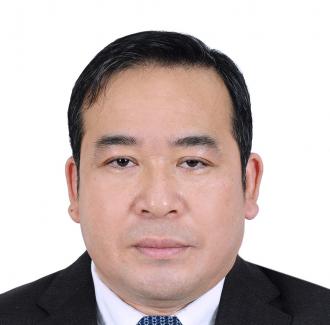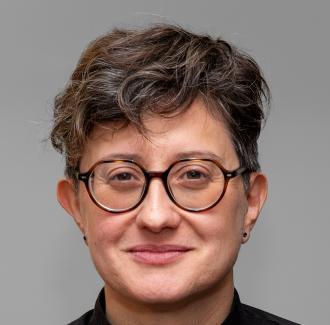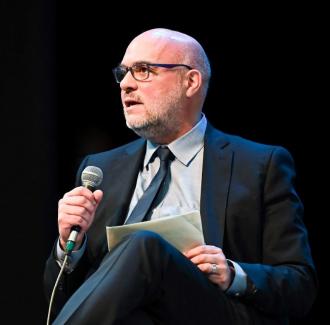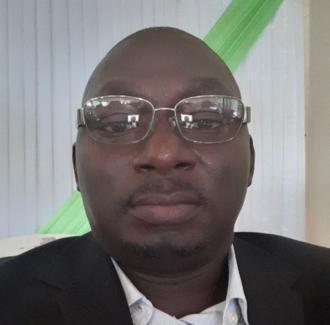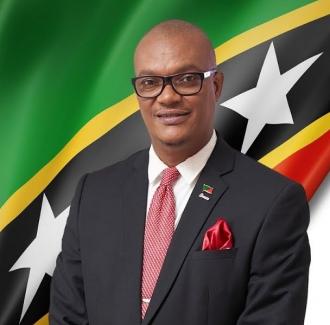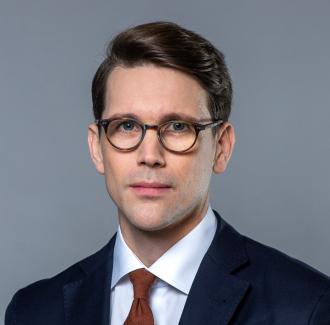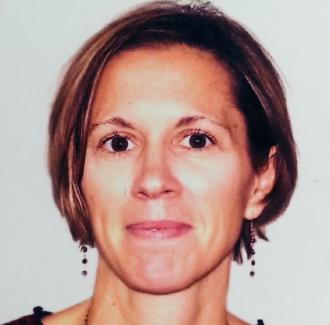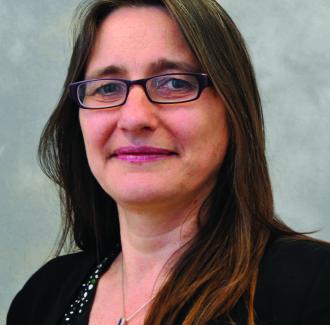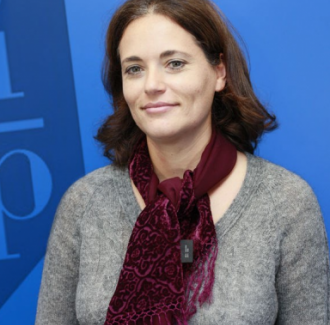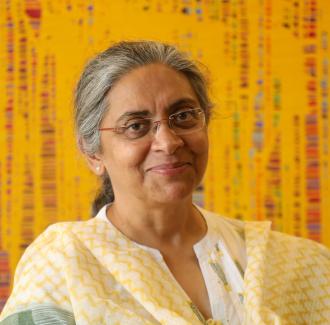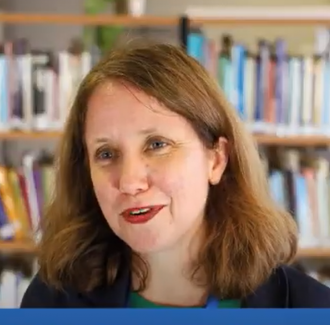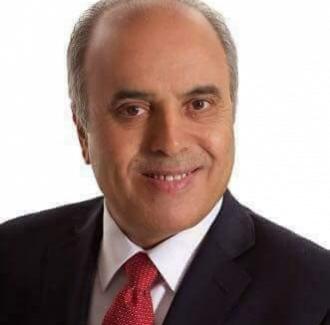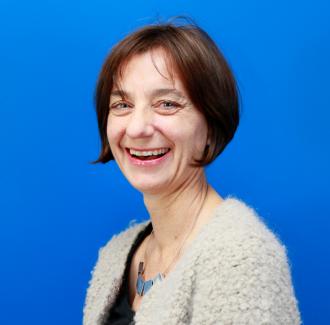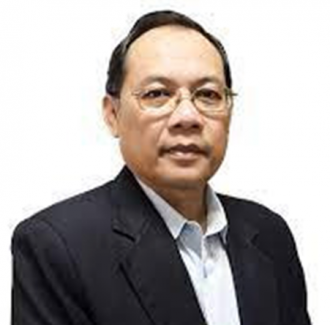The future of educational planning
The UNESCO International Institute for Educational Planning will mark its 60th Anniversary of supporting countries to plan and manage their education systems this 8-9 November 2023.
Hosted in Paris, France and online, the 60th Anniversary Symposium will provide an opportunity to reflect on the Institute’s key milestones, but also to chart a path forward for the future of educational planning, considering new trends and perspectives spanning six key planning and management areas. During the Symposium, experts, policy-makers, planners, and UNESCO Member State representatives will get an inside look at how IIEP is helping reshape educational planning through its actions related to:
|
|
To continue serving the needs of Member States, and under the overarching theme ‘The future of planning’, IIEP will use the occasion of its 60th Anniversary to foster discussions around the role of planning and management in meeting national and international targets for education 2030, and to ensure the sustainability, adaptability, and resilience of education systems in the years ahead. This will also be an opportunity to look back over recent evolutions in educational planning through the lens of IIEP’s work, in order to look forward.
Through the discussions, IIEP aims to show how and why transforming education starts with planning, with a view to helping all children and societies meet their potential.
![]()
Agenda
DAY 1
| Morning | Making the case for educational planning in today’s world | |
| Introduction by IIEP-UNESCO Director | ||
| Panel of ministers | ||
| Stories and testimonies from IIEP-UNESCO alumni | ||
| Afternoon | The future of planning (Part 1) | |
| Keynote speech | ||
| Panel 1: Digital technology to transform education | ||
| Panel 2: Addressing the learning crisis |
DAY 2
| Morning | Anniversary celebration
| |
| The future of planning (Part 2) | ||
| Panel 3: Gender and equity in education | ||
| Afternoon | Panel 4: Governance, transparency and finance | |
| Panel 5: Crisis, displacement and climate change | ||
| Panel 6: Skills for the future | ||
| Closing |
Sign our guestbook
We want to hear from you! Do you have any IIEP memories or hopes for the future to share with us? Leave a message in our online guestbook to express what this milestone means for you.
Speakers
About the event
With only seven years left to achieve the Education 2030 agenda, how can educational planning reinvent itself to promote the transformative role of education and create a better future?
The Symposium will revive IIEP's long-standing tradition of ‘taking stock’ of recent progress in educational planning and management in order to adapt to the changing needs of societies and crafting new approaches, methodologies and tools accordingly.
![]()
The Symposium at a glance
TOPICS OF DISCUSSION
Discussions will focus on the new trends and perspectives spanning six key priorities through which IIEP is taking actions to reshape educational planning. These six priorities are:
- How can digital technology help transform planning and management tools and approaches?
- How can educational planning and management help address the learning crisis?
- How can planning and management better contribute to the promotion of gender equality in tomorrow’s world?
- How can calls for transparency and new forms of funding enable planning to meet its objectives?
- How planning can help education systems adapt to crisis, climate change, and natural hazards?
- Developing skills for the future and the transition to work: How can planning help?
These six priority areas reflect the more recent directions taken by the Institute to address the pressing challenges faced by UNESCO Member States on the ground, as reflected by IIEP’s overall current research, training, and technical cooperation offer, provided by its three offices in France, Senegal, and Argentina.
OBJECTIVES
The main objectives of the Symposium will be:
- to focus on the future of education and how planners will be able to respond to the particular needs of society, today and tomorrow, in a context of rapid change, scarcity of resources, and increasing uncertainties;
- to explore the interconnected impact of political, geographical, and cross-sectoral developments in education and understand how educational planning has been evolving and should continue to evolve to adapt to these changes;
- to bring together high-level decision makers, recognized international specialists, and IIEP’s experts to stimulate new ideas on the best approaches, methods, tools and practices for educational planning and management, with the goal of feeding them back into IIEP’s research, training, and technical cooperation work;
- to revitalize and strengthen exchange and dialogue with an international community of thinkers and practitioners on educational planning, with a view to better structuring and consolidating such a community in the future.
APPROACH
The Symposium will feature panels on each of the key thematic areas, providing an opportunity to:
 |
|  |
| Take stock: IIEP will present an overview of its actions in each priority area, showcasing how it is actively contributing to the evolution of planning and management approaches, techniques, and tools. |
| Hear national experiences and testimonies: For each theme, a country representative will explain how IIEP’s work helps foster change in their educational landscape. |
 |
|  |
| Debate perspectives: The audience will also hear from an external expert on ongoing changes and reforms taking place at the international level in each of the priority areas. |
| Discuss the future: Each panel will also explore the future of educational planning and management and how IIEP can best consider new prospects for years to come. |
PARTICIPANTS
This two-day event will bring together leading thinkers in the field, high-level representatives of Ministries of education from around the world including ministers of education and heads of planning, selected former IIEP alumni, IIEP Governing Board members, former directors, IIEP staff, representatives from UNESCO, General Conference delegates, and donor agencies.
If you wish to attend the online event, please register here.
FORMAT
Hosted at the IIEP premises in Paris, France, the Anniversary Symposium will take place over two days in an hybrid format, and will feature keynote speeches, panel dicussions, and videos and presentations from IIEP staff, education experts, and partners. In-person attendance will be by invitation only.
Interpretation will be made available in English, French and Spanish.





